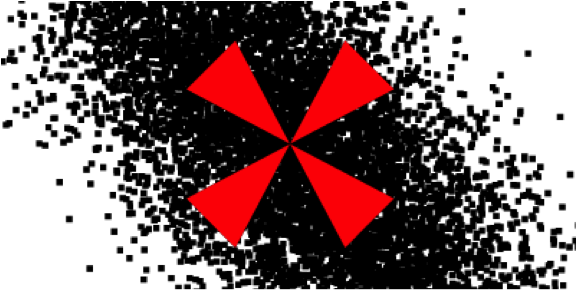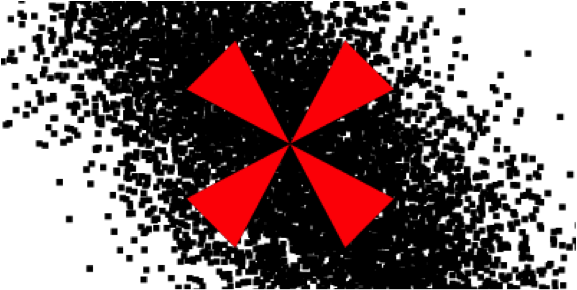The Bound and the Free
One of the strangest of the strange manifestations of quantum mechanics is entanglement, a condition in which the states of distant objects can be intimately correlated. In practical terms, entanglement is viewed as a means to rapid solution of some hard computational problems by quantum computing. During the 1990s, theorists proposed that entanglement actually comes in two flavors: “bound” entanglement, such as the entangled singlet state of two spin- particles that cannot be reduced to any simpler form, and “free” entanglement, in which a complex entangled state can be distilled down into a more basic set of states. In recent years, claims of experimental confirmation of bound entanglement have been made, but these are controversial. Writing in Physical Review Letters, James DiGuglielmo at Leibniz University, Germany, and colleagues report their experiments on unconditional preparation of bound states of light.
Previous experiments have typically examined correlations with “postselection” methods to filter desired events from an initial distribution, however, DiGuglielmo et al. have designed a system to deterministically and precisely prepare their entangled states. The authors create four continuous-variable entangled laser fields with optical parametric amplifiers and verify that they have created bound entangled states by means of high-efficiency detectors to measure the correlations. The system offers not only technological utility in preparing exact states for future experiments, but the research team also provides a tool for studying irreversibility at the quantum level to better characterize the connections between quantum information and thermodynamics. – David Voss





